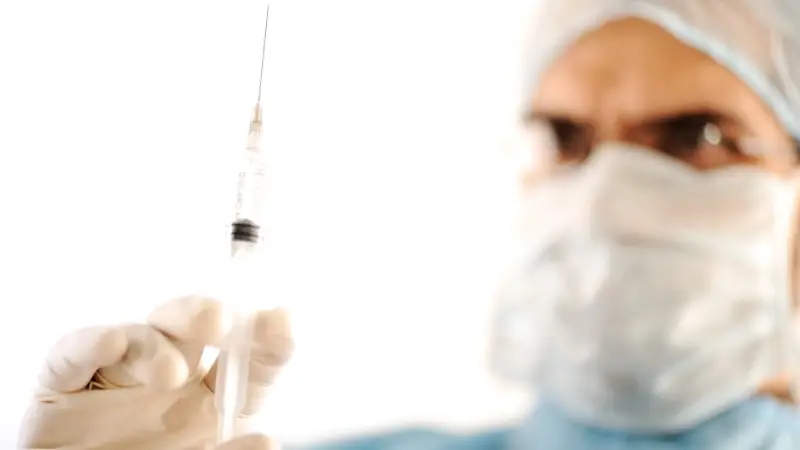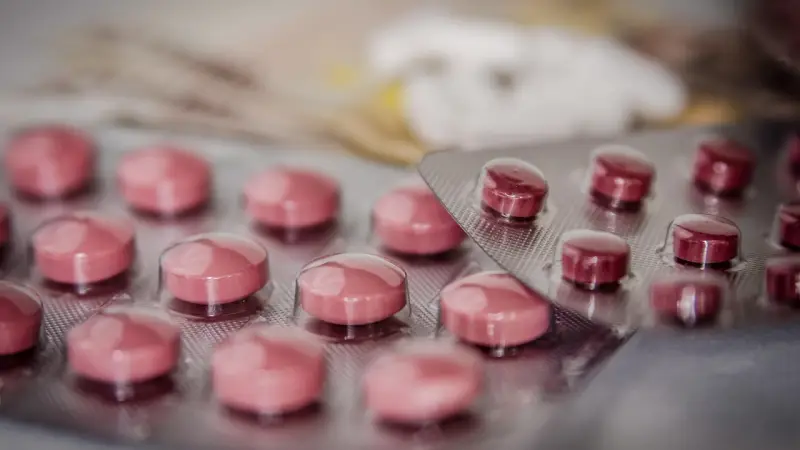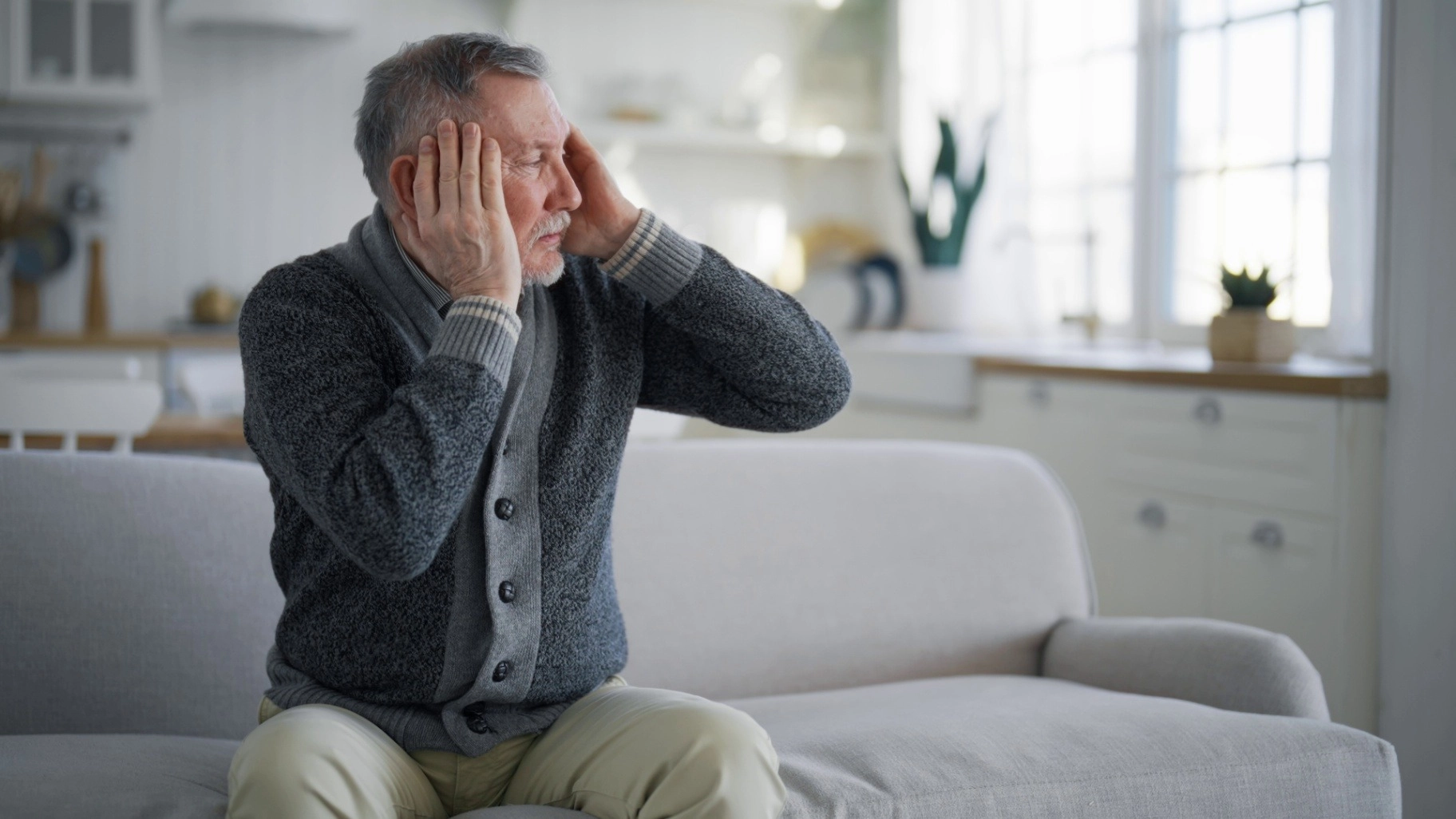
An international trial has found that patients with early-stage breast cancer who undergo mastectomy have similar 10-year survival rates whether or not they receive radiation therapy.
Experts say the findings should help guide treatment discussions, as many patients who currently qualify for radiation therapy after mastectomy under current guidelines may not actually need it.
Radiation therapy is unnecessary
For many patients with early-stage breast cancer being treated with mastectomy and anti-cancer drugs, chest wall radiation has long been the standard to kill any remaining cancer cells and reduce the risk of recurrence.
The SUPREMO (Selective Use of Postoperative Radiotherapy after Mastectomy) study, led by the University of Edinburgh, studied the effect of chest wall radiation therapy in patients at intermediate risk of breast cancer recurrence.
The group included women from 17 countries with 1 to 3 lymph node involvement, as well as women with no lymph node involvement but other tumor characteristics of aggressive behavior that increase the chance of recurrence.
The 1,607 patients in the study underwent mastectomy, axillary surgery (removal of lymph nodes from the armpit), and modern anti-cancer treatments. They were randomly assigned to chest wall (808 women) or received no radiation therapy (799).
There was no difference in overall survival rate between patients after 10 years of follow-up, with 81.4% of those who received radiation therapy surviving, compared to 81.9% of those who did not.
The study also found that radiation therapy had no effect on disease-free survival – the length of time the cancer does not return – or on the spread of cancer from the breast throughout the body.
Did the cancer return?
Radiation therapy had little effect on cancer recurrence at the mastectomy site. Breast cancer returned to the chest wall in nine patients who received therapy, compared with twenty patients who did not. Side effects of radiation therapy were mild, and no excess deaths from cardiac causes were reported.
Experts attribute the provision of radiation therapy with fewer benefits than previously thought to the gradual improvement in treatment, especially better drug therapies, which continue to reduce the chances of cancer recurrence and enhance survival rates.
The research team warns that the study was limited to patients with intermediate-risk breast cancer.
They added that patients who are most likely to have a recurrence of cancer may benefit from chest wall radiation therapy.
Dr. Nicola Russell, from the Netherlands Cancer Institute and study coordinator on behalf of the European Cancer Research Organization and Cancer, said:
* “We know that almost all patients experience some side effects from radiation therapy, which may appear even a few years after treatment.”
* “Avoiding unnecessary radiation will alleviate the burden of treatment and the detrimental effects on breast reconstruction in mastectomy patients.”
While Professor John Simpson, director of the Medical Research Council (MRC-NIHR) Evaluation Effectiveness and Mechanism program, said: “These results are likely to allow patients to avoid unnecessary treatments, leading to a more effective and efficient use of health and care resources.”
(Translations)

















